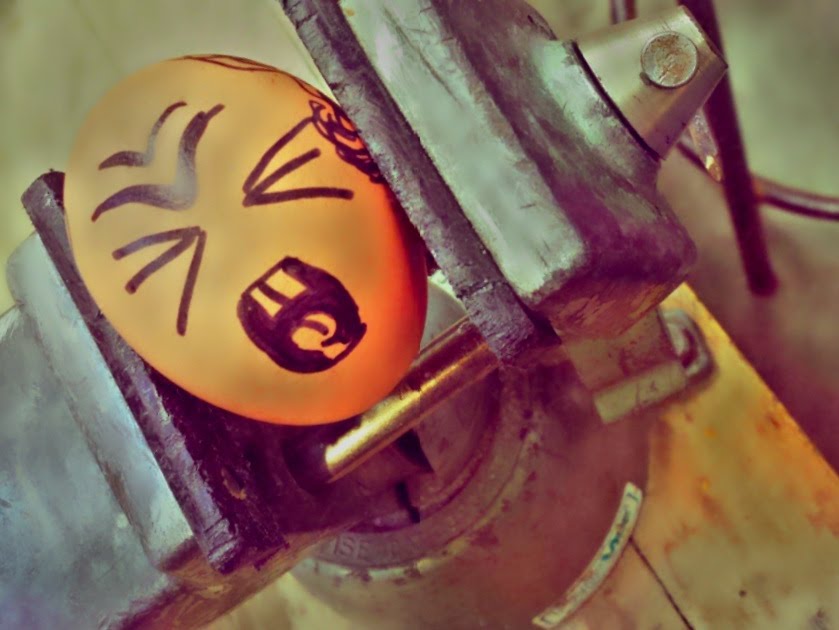
Our brains can be our worst enemies when it comes to decision making because, different parts of our brains cause us to want different, and often conflicting, things.
The NAcc might want to buy something pretty “but the insula knows that you can’t afford it, or the prefrontal cortex realizes that its a bad deal. The amygdala might like Hillary Clinton’s tough talk on foreign policy, but the ventral striatum is excited by Obama’s uplifting rhetoric. These antagonistic reactions manifest themselves as a twinge of uncertainty. You don’t know what you believe. And you certainly don’t know what to do.”
How then, do we make important and final decisions when we need too? Jonah goes on to suggest,
At first glance, the answer seems obvious: force a settlement. The rational parts of the mind should intervene and put an end to all the emotional bickering. [But] the problem is that the urge to end the debate often leads to neglect of crucial pieces of information. A person is so eager to silence the amygdala, or quiet the OFC, or suppress some bit of the limbic system that he or she ends up making a bad decision. A brain that’s intolerant of uncertainty – that can’t stand the argument – often tricks itself into thinking the wrong thing.” (Emphasis added)
So, “the most important thing is that everyone has their say, that you listen to the other side and try to understand their point of view. You can’t short-circuit the process.” (Jonah quoting Mike Pride.)
This makes sense. But, listening to each of the arguments in our brains won’t necessarily propel us toward reaching decisions.
We’ve all been there.
Flip flopping, turning options over and over again and weighing the pros and cons ad nauseam is an age old problem. So perhaps in response to this very legitimate neuroscientific problem we should consider Kahlil Gibran’s age old solution, which was first written in The Prophet in 1923 as follows.
And the priestess spoke again and said:
‘Speak to us of Reason and Passion.’
And he answered saying:
Your soul is oftentimes a battlefield, upon which your reason and your judgment wage war against passion and your appetite.
Would that I could be the peacemaker in your soul, that I might turn the discord and the rivalry of your elements into oneness and melody.
But how shall I, unless you yourselves be also the peacemakers, nay, the lovers of all your elements?
Your reason and your passion are the rudder and the sails of your seafaring soul.
If either your sails or our rudder be broken, you can but toss and drift, or else be held at a standstill in mid-seas.
For reason, ruling alone, is a force confining; and passion, unattended, is a flame that burns to its own destruction.
Therefore let your soul exalt your reason to the height of passion; that it may sing;
And let it direct your passion with reason, that your passion may live through its own daily resurrection, and like the phoenix rise above its own ashes.
I would have you consider your judgment and your appetite even as you would two loved guests in your house.
Surely you would not honour one guest above the other; for he who is more mindful of one loses the love and the faith of both.
Among the hills, when you sit in the cool shade of the white poplars, sharing the peace and serenity of distant fields and meadows – then let your heart say in silence, ‘God rests in reason.’
And when the storm comes, and the mighty wind shakes the forest, and thunder and lightning proclaim the majesty of the sky, – then let your heart say in awe, ‘God moves in passion.’
And since you are a breath In God’s sphere, and a leaf in God’s forest, you too should rest in reason and move in passion.
“Rest in reason and move in passion.”
Is this the perfect formula for making difficult decisions in divorce?
I believe it is almost perfect. I would add meditation, which, per Jonah Lehrer’s advice would give the battling NAcc, insula, prefrontal cortex, amygdala and ventral striatum due consideration, so we aren’t tricked into thinking the wrong thing when making important divorce decisions.
So is your brain your worst enemy in divorce? It could be. But there are tools, techniques and teachers like me to help keep you out of enemy hands.